For many years, this conference has been the perfect platform for bringing together the scientific, industrial and regulatory communities, dealing with the assessment of pesticide residues in food. Learn about the latest developments in risk assessment, the setting of maximum residue limits as well as regulatory and guideline updates.
The popular Akademie Fresenius Conference “Food Safety and Dietary Risk Assessment” enters its next round: It is the place to be to receive all the latest updates, to meet your peers and to join important discussions in a comfortable conference atmosphere.Reason enough for many participants to attend regularly every year. So don’t miss out to secure your place for this year’s event!
The Conference will be taking place in Mainz/Germany on 19 and 20 April and you can follow all the exciting contributions via our live stream!
Would you instead prefer to join on-site in Mainz? Then you can find further information here.
Professionals working in the fields of:
Sectors that should take part:
Picture Credit: © Leart – AdobeStock
Monika Bross, BASF, Germany
Caroline Harris, Exponent, United Kingdom
Xavier Sarda, French Agency for Food, Environmental and Occupational Health and Safety (ANSES), France
Britta Michalski, German Federal Institute for Risk Assessment (BfR), Germany
Klaus Leder, Austrian Agency for Health and Food Safety (AGES), Austria
Viktoria Eriksson, CropLife Europe, Germany
María Tabernero, European Commission, Belgium (virtual presentation)
Monika Richter, CropLife Europe, Germany
Jochen Heidler, German Federal Institute for Risk Assessment (BfR), Germany
Polly Boon, National Institute for Public Health and the Environment (RIVM), The Netherlands
Sara Levorato, European Food Safety Authority (EFSA), Italy
Monika Bross, BASF, Germany
Caroline Harris, Exponent, United Kingdom
Midori Yoshida, formerly Food Safety Commission of Japan (FSCJ), Japan (virtual presentation)
Emma Ingram, Health and Safety Executive (HSE), United Kingdom
Christian Prohaska, Austrian Agency for Health and Food Safety (AGES), Austria
Zsuzsanna Horvath, European Food Safety Authority (EFSA), Italy (virtual presentation)
Michael Doherty, U.S. Environmental Protection Agency (EPA), United States of America
Dee Murnane, Syngenta, United Kingdom
Isabelle Pilote, Health Canada Pest Management Regulatory Agency (PMRA), Canada
Trijntje van der Velde-Koerts, National Institute for Public Health and the Environment (RIVM), The Netherlands
Name
Unternehmen
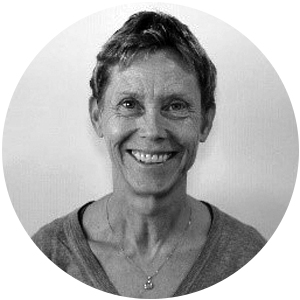
Polly Boon
Dutch National Institute for Public Health and the Environment (RIVM), The Netherlands
Polly Boon is an dietary exposure expert who has been working in the field of dietary exposure modelling since 1999, first at Wageningen Food Safety Research and since 2010 at the RIVM. She is project leader coordinator of the WHO Collaborating Centre on Chemical Food Safety and is a member of several EFSA workgroups. She has also contributed as dietary exposure expert to several meetings of the Joint FAO/WHO Expert Committee on Food Additives (JECFA).
mehrweniger
Monika Bross
BASF, Germany
Monika Bross is analytical chemist by training; she has been working at BASF Agricultural Center in Limburgerhof for more than 30 years. Within BASF she has been involved in the conduct of residue and metabolism studies, but also in dietary exposure assessments and the preparation of dossiers for international submissions. She is member of association expert teams dealing with residue related topics (including MRL setting) and the implementation of the EU Transparency Regulation.
mehrweniger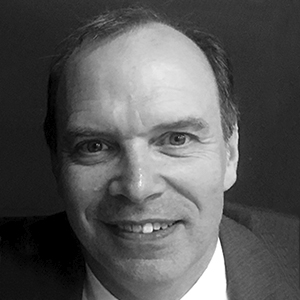
Michael Doherty
U.S. Environmental Protection Agency (EPA), United States of America
Michael Doherty’s professional career started with the Pesticide Degradation Laboratory in the USDA’s Agricultural Research Service, where he spent 13 years working on pesticide residue profiles in soil and environmental modeling. In 1997, Michael joined the EPA’s Office of Pesticide Programs’ Health Effects Division as a residue chemist and risk assessor. Over the years, his role in OPP has taken a more international focus as a member of the OECD’s Residue Chemistry Expert Group and as a member of the FAO panel to the JMPR.
mehrweniger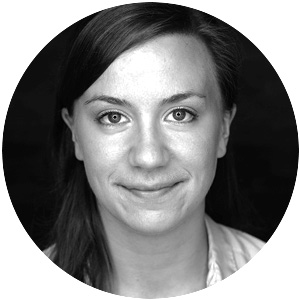
Viktoria Eriksson
CropLife Europe, Germany
Viktoria Eriksson studied Biochemistry (BSc), Informatics (MSc) and holds a PhD in Biological Sciences. She has been working with Bayer since 2013 where she coordinated the introduction of IUCLID for plant protection products and lead several initiatives supporting the ongoing efforts related to IUCLID. She has been part of the Crop Life Europe Electronic Submissions Expert Group (CLE eSEG) with focus on IUCLID since 2021.
mehrweniger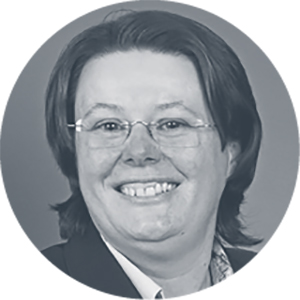
Caroline Harris
Exponent, United Kingdom
Caroline Harris is the Centre Director for Chemical Regulation and Food Safety in Exponent International’s UK office. After many years as a Regulator at CRD, she continues to be involved with MRLs, import tolerances and pesticide residues in international trade. She also remains highly active in the field of consumer risk assessment.
mehrweniger
Jochen Heidler
German Federal Institute for Risk Assessment (BfR), Germany
Jochen Heidler studied biochemistry and holds a PhD in Environmental Health Sciences. He joined the BfR in 2008 and has been working as a Scientific Officer in the Department of Pesticide Safety since 2012. His main task is the evaluation of analytical studies in the context of pesticide approval and authorisation procedures. He is also a member of the National Expert Group for Pesticide Residue Analytical Methods (EPRA) and the Joint Meeting on Pesticide Residues (JMPR).
mehrweniger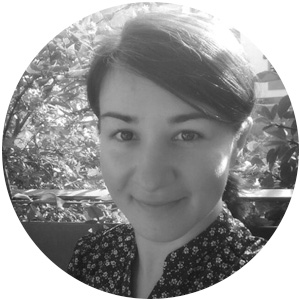
Zsuzsanna Horvath
European Food Safety Authority (EFSA), Italy
Zsuzsanna Horvath has been working as scientific officer - exposure assessor at the European Food Safety Authority since September 2016. She supports different fields taking part in the development and application of new methodologies for dietary exposure assessment. She contributed to several scientific opinions and reports on various contaminants (e.g. dioxins, ochratoxin, tropane-alkaloids), food additives (e.g. sweeteners, sulphites), nutrient intake assessments (total- free- and added sugars). She currently coordinates the project on the update of the Pesticide Residue Intake Model.
mehrweniger
Emma Ingram
Health and Safety Executive (HSE), United Kingdom
Emma Ingram holds a degree in Chemistry with toxicology and forensics and has been working as a Scientific Officer for HSE since 2015, undertaking assessment of data submitted in support of pesticide active substances, products and MRLs in accordance with Reg. (EU) 1107/2009 and Reg. (EC) 396/2005, with a strong focus on consumer risk assessment. She is part of a GB working group considering how chronic risk assessment is undertaken in the UK across government organisations and is leading on the development of a GB toxicological reference value database.
mehrweniger
Klaus Leder
Austrian Agency for Health and Food Safety (AGES), Austria
Klaus Leder studied technical Chemistry in Vienna and has been working at AGES since 2011. At AGES, he was involved in the assessment of plant protection products as well as active substances. In 2019, he became overall coordinator for active substances for which Austria is responsible (new & existing). He has been onboard with the IUCLID project from its first start in November 2019 and is also a member of the EFSA PSN Group as well as the IUCLID subgroup dealing with further development of that tool.
mehrweniger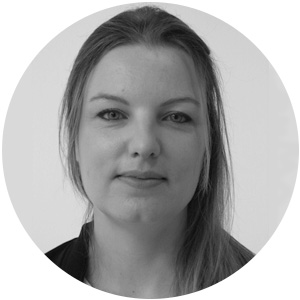
Sara Levorato
European Food Safety Authority (EFSA), Italy
Sara Levorato has been a Scientific Officer in the Methodology & Scientific Support Unit of the Risk Assessment Services Department of EFSA since 2020. She is involved in the coordination and implementation of activities related to human health risk assessment of combined exposure to multiple chemicals. Her role focuses mainly on the management, harmonisation and optimisation of toxicological information supporting scientific assessments.
mehrweniger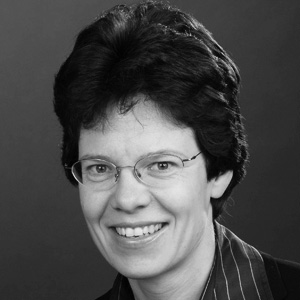
Britta Michalski
German Federal Institute for Risk Assessment (BfR), Germany
Britta Michalski is a Chemist by training and has been working in the German Federal Institute for Risk Assessment (BfR) since 2004. She is Head of the Unit Residues and Analytical Methods in the Department Pesticides Safety. Her group is involved in MRL setting, approval and authorisation procedures for pesticides and biocides. Britta is member of OECD’s Residue Chemistry Expert Group and since 2016 she has been leading EFSA projects in the area of processing factors for pesticide residues in food.
mehrweniger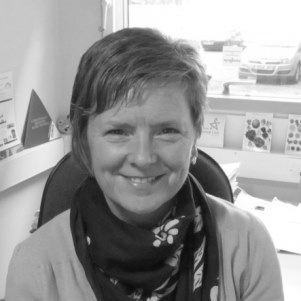
Dee Murnane
Syngenta, United Kingdom
Dee Murnane has been working within the crop protection industry for more than 30 years, starting out in residue chemistry and latterly in human safety assessment. She is a Product Safety Global Project Lead at Syngenta focussing on new active substance projects, and leads the CropLife Europe Residue Definition Group; she is also a co-lead of the OECD Working Group on Residue Definition.
mehrweniger
Isabelle Pilote
Health Canada Pest Management Regulatory Agency (PMRA), Canada
Isabelle Pilote has a Bachelor of Science in Biology and has been working at the Health Canada Pest Management Regulatory Agency (PMRA) for over 20 years, in the evaluation of human exposure to pesticides. She has been a manager since 2011. Recently a new group was created at the PMRA for the evaluation of cumulative risk assessment which she is leading and managing.
mehrweniger
Christian Prohaska
Austrian Agency for Health and Food Safety (AGES), Austria
Christian Prohaska studied food and biotechnology in Vienna. He worked for public bodies dealing with the risk assessment of plant protection products before he gained a postgraduate degree in toxicology and started working at AGES in 2002.
mehrweniger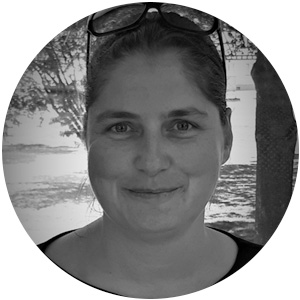
Monika Richter
CropLife Europe, Germany
Monika Richter is a Food Chemist by training. In 2007, she joined BASF’s Consumer Safety group at its global agricultural solution headquarter in Germany. Working in metabolism, residue analysis and on other R&D related tasks for active substance approval, her focus is on Food Safety, Food Value Chain and MRLs. Since 2018, she has been leading BASF’s Global MRL & Trade team. She is also active in various association teams and chairs the MRL setting group at CropLife Europe.
mehrweniger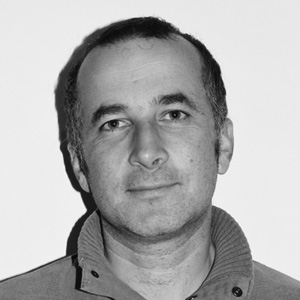
Xavier Sarda
French Agency for Food, Environmental and Occupational Health and Safety (ANSES), France
Xavier Sarda holds a PhD in Agronomy and Molecular Biology. After 12 years of research in the private sector he switched to regulatory affairs at ANSES in 2006. He is Head of the Residue and Food Safety Unit in charge of pesticide and biocide consumer risk assessment and has been involved in several international working groups developing methodology for risk assessment. He is currently chairing the OECD working group drafting a guideline to set MRL in honey.
mehrweniger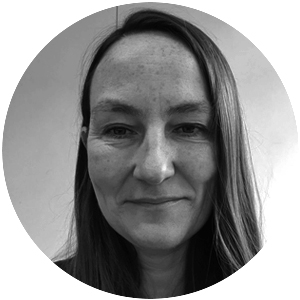
María Tabernero
European Commission, Belgium
Since 2019, Maria Tabernero has been working for the European Commission as a Policy Officer at the Directorate General for Health and Food Safety dealing with EU Regulations on pesticide residues in food and feed. Before, she was a researcher at several public and private scientific institutions and has a PhD in biochemistry and molecular biology.
mehrweniger
Midori Yoshida
Formerly Food Safety Commission of Japan (FSCJ), Japan
Midori Yoshida was Commissioner at the Food Safety Commission of Japan (FSCJ) between 2015 and 2021 and retired in June 2021. Her main focus at FSCJ was the dietary risk assessment of chemicals and development of toxicological evaluations of pesticides and veterinary medicinal drugs including the production of guidelines or guidances on the evaluations. She previously worked for the National Institute of Health Science within the Ministry of Health Labor and Welfare. She has been attending JMPR as a WHO expert since 2008.
mehrweniger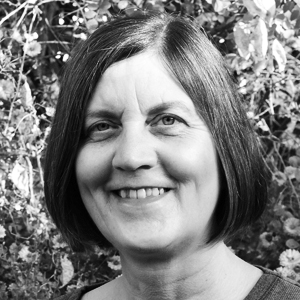
Trijntje van der Velde-Koerts
Dutch National Institute for Public Health and the Environment (RIVM), The Netherlands
Trijntje van der Velde-Koerts is a Scientific Employee Food Safety at RIVM, where she acts as a residue and dietary exposure expert in the field of pesticides and veterinary medicines. She has been a member of the JMPR since 2008.
mehrwenigerTeilnahmepreis: € 1.195,00 zzgl. MwSt.
Im Teilnahmepreis sind folgende Leistungen enthalten:
Vertreter:innen einer Behörde oder einer öffentlichen Hochschule erhalten einen ermäßigten Teilnahmepreis von € 695,00 zzgl. MwSt. (Nachweis per Fax oder E-Mail erforderlich). Der Sonderpreis ist nicht mit anderen Rabatten kombinierbar.
Gruppenrabatt
Bei gemeinsamer Anmeldung aus einem Unternehmen erhalten die dritte und jede weitere Person 15 % Rabatt.
Buchen ohne Risiko
Die Teilnahme an unseren Online-Veranstaltungen können Sie bis zu 1 Woche vor Veranstaltungsbeginn kostenfrei und ohne Angabe von Gründen schriftlich stornieren. Bei späteren Stornierungen sowie bei Nicht-Login zur Online-Veranstaltung können keine Teilnahmegebühren erstattet werden.
Sie erhalten jedoch in diesem Fall von uns nach der Veranstaltung Zugang zu den Dokumentationsunterlagen.
Eine Ersatzperson können Sie jederzeit kostenfrei benennen.
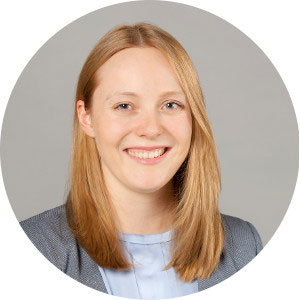
Claudia Werner
Inhalt und Konzeption
+49 231 75896-83
cwerner@akademie-fresenius.de

Claudia Werner
Inhalt und Konzeption
+49 231 75896-83
cwerner@akademie-fresenius.de

Claudia Werner
Inhalt und Konzeption
+49 231 75896-83
cwerner@akademie-fresenius.de
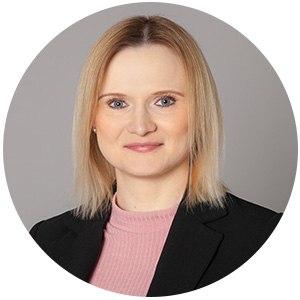
Jennifer Zerth
Organisation und Teilnehmermanagement
+49 231 75896-79
jzerth@akademie-fresenius.de

Jennifer Zerth
Organisation und Teilnehmermanagement
+49 231 75896-79
jzerth@akademie-fresenius.de
Präsentieren Sie Ihr Unternehmen auf unserer Veranstaltung.
Persönlich und zielgruppengenau stellen Sie Ihre Produkte und Dienstleistungen vor. Gerne informieren wir Sie unverbindlich über die verschiedenen Möglichkeiten – von der Auslage von Produktinformationen bis hin zum Ausstellungsstand.
Gerne beraten wir Sie persönlich:
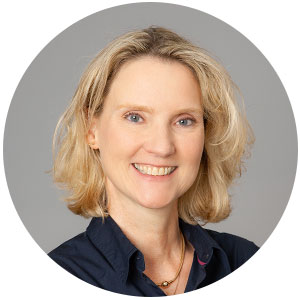
Monika Stratmann
Telefon: +49 231 75896-48
info@akademie-fresenius.de
Wir bieten Journalist:innen und Redakteur:innen eine Plattform, um in Kontakt mit Expert:innen zu treten.
Wenn Sie als Redakteur:in der Fachpresse Interesse an einem Pressepass oder einer Medienpartnerschaft haben, kontaktieren Sie uns bitte frühzeitig. Wir beraten Sie gerne.
Sprechen Sie uns an:
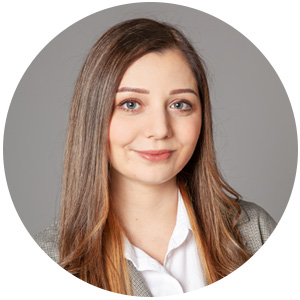
Katharina Geraridis
Telefon: +49 231 75896-67
presse@akademie-fresenius.de
© Die Akademie Fresenius GmbH